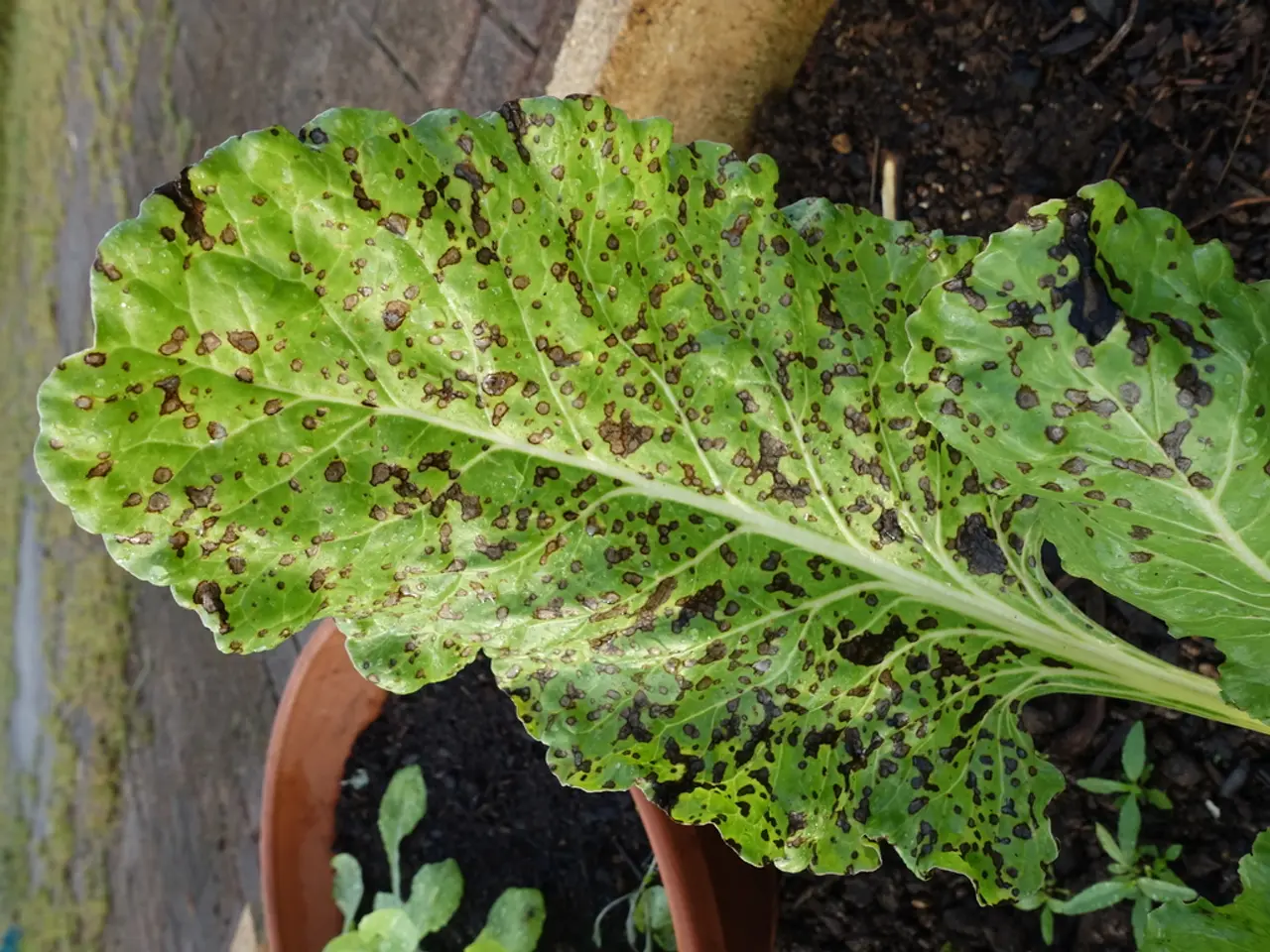Allergic to certain foods? Omalizumab makes a significant difference in minimizing severe responses.
In a groundbreaking development, a new treatment option has been approved for individuals with severe food allergies, particularly those with peanut allergy. Omalizumab, marketed under the brand name Xolair, has been found to significantly reduce the risk of severe allergic reactions after accidental exposure to allergens.
The process of prescribing omalizumab will be a shared decision between families and clinicians, based on the level of risk and commitment to the long-term dosing schedule. The drug is indicated for individuals with severe IgE-mediated food allergies, including peanut allergy, to help reduce the risk and severity of allergic reactions, including anaphylaxis.
The key study supporting omalizumab’s use in food allergies was the multicenter, double-blind, placebo-controlled OUtMATCH trial. Participants aged 1 to 55 years who were allergic to peanut and at least two other foods such as milk, egg, wheat, cashew, hazelnut, or walnut were enrolled. Participants had to demonstrate allergic reactions at very small protein doses during food challenges.
Treatment duration for omalizumab is approximately 16 to 20 weeks, with injections every 2 or 4 weeks. After treatment, participants undergoing double-blind, placebo-controlled food challenges showed a significantly increased tolerance to peanut and other allergens compared to placebo. Omalizumab patients could tolerate much higher allergen amounts, with an increased likelihood to tolerate at least 2 grams of allergen protein, which is a threshold relevant for accidental exposure risk.
Studies and meta-analyses found omalizumab to be safe with a low risk of severe adverse reactions. It reduces hypersensitivity and allergic inflammatory responses without increasing severe side effects, including skin-related issues. Omalizumab works by blocking IgE antibodies from binding to receptors on allergic cells, thereby preventing the release of histamine and other inflammatory substances that cause allergy symptoms.
While omalizumab is a significant step forward in managing severe food allergies, it is important to note that it does not mean that someone with a peanut allergy can eat a peanut butter and jelly sandwich. It provides significant protection against allergic reactions from food allergen contamination, particularly life-threatening conditions like anaphylactic shock.
People with food allergies and their families should reach out to their primary care provider or allergist with questions. Omalizumab is already available for the public, and processes are in place to ensure equitable access to treatment. The medical center allergy team began working with clinical staff and pharmacy before the study was officially published to prepare for the treatment's availability.
The guidelines for using omalizumab emphasize the need for careful patient selection, close monitoring during treatment, and further research into long-term effects, cost-effectiveness, and quality of life impacts. Approximately 8 percent of US children and 10 percent of adults live with food allergies, making this treatment a potential lifesaver for many individuals.
In a trial, 79 of the 118 participants who received omalizumab (67%) were able to consume a single dose of at least 600 mg of peanut protein without allergic reaction symptoms. Certain patient populations, including school-age children with multiple food allergies, are another group who can potentially benefit from this treatment.
Additional studies will be conducted to account for this difference. Omalizumab acts as a sponge to pick up allergy antibodies in the blood, reducing the risk of allergic reactions. Omalizumab expands the toolbox of available treatments for food allergies.
Dr. Weis, the lead researcher of the OUtMATCH trial, expressed his excitement about the treatment's availability, stating, "Our entire allergy team is very excited to be able to have this treatment available to our patients." This new treatment option offers hope for those living with severe food allergies, enabling them to live with greater peace of mind and a broader range of food options.
The new treatment option, Omalizumab, is indicative for individuals with severe food allergies, including those with peanut allergy, to help reduce the risk and severity of allergic reactions like anaphylaxis. This drug, marked as Xolair, is intended for health-and-wellness through therapies-and-treatments, particularly in managing food-mediated medical-conditions.




